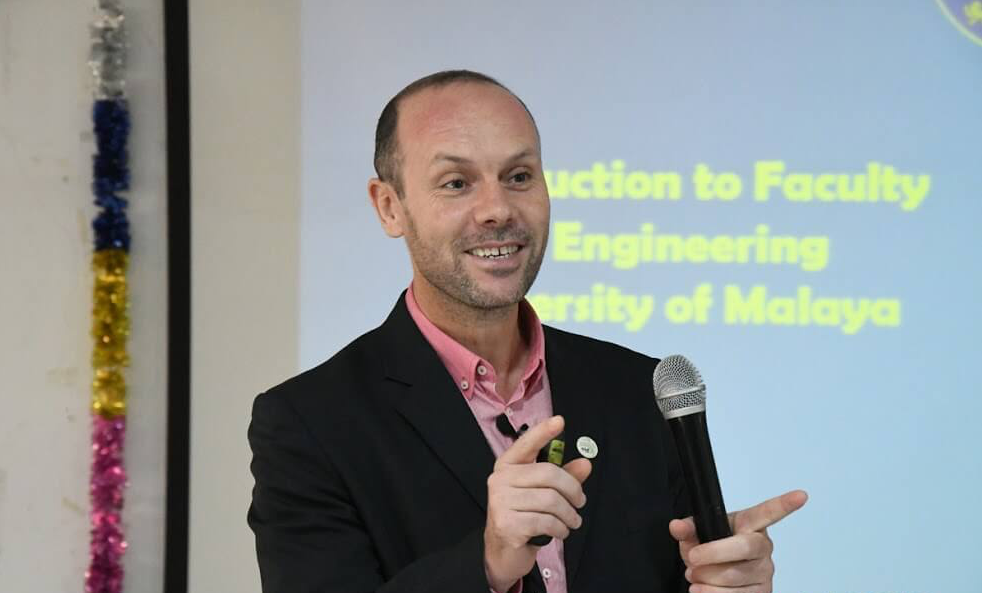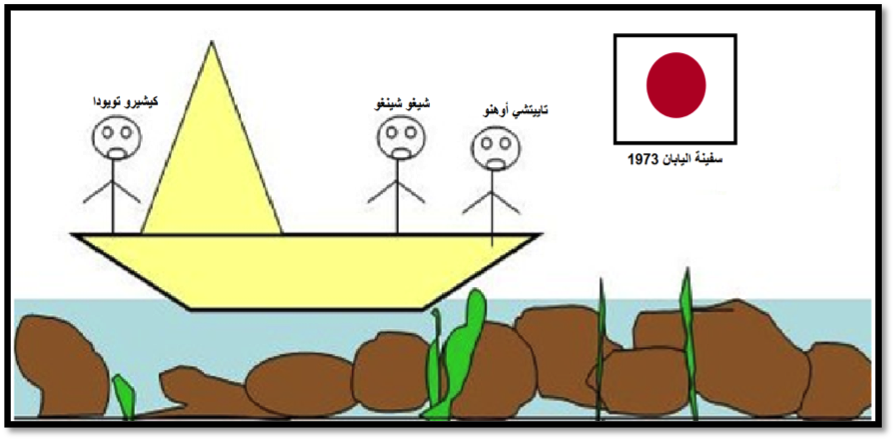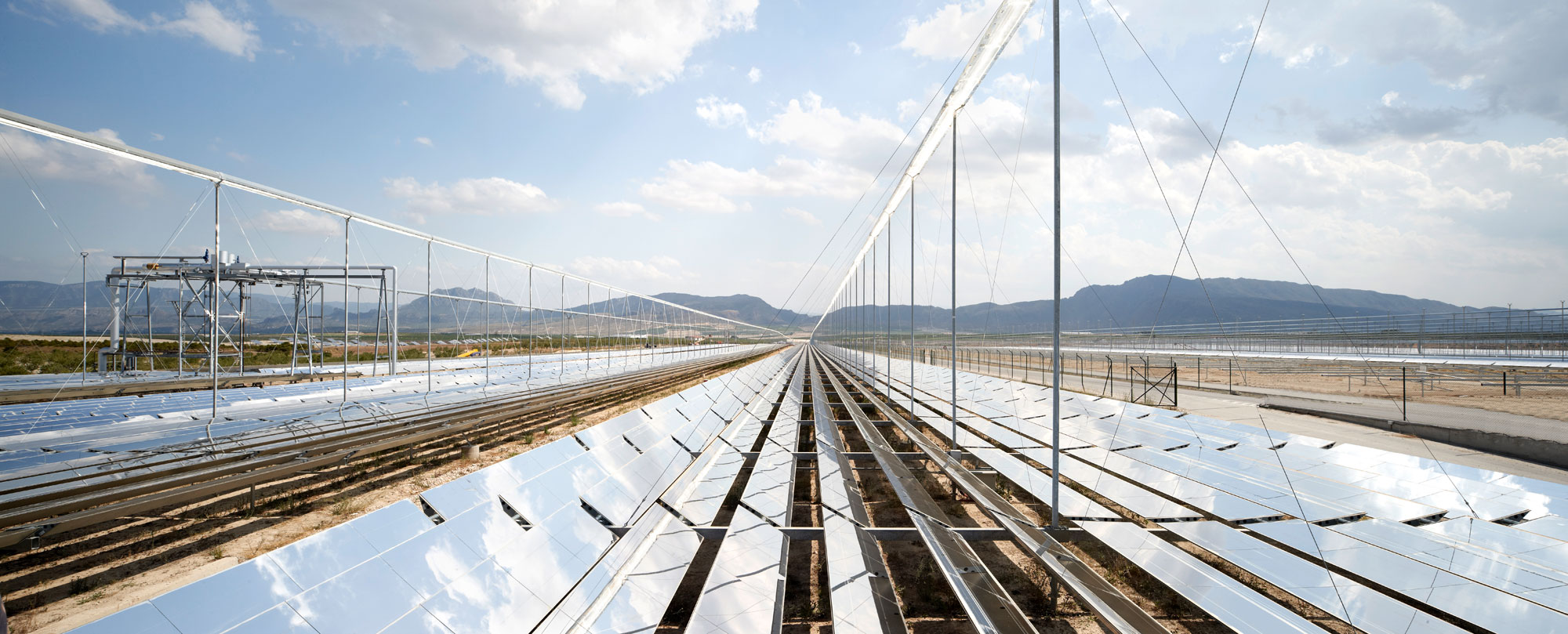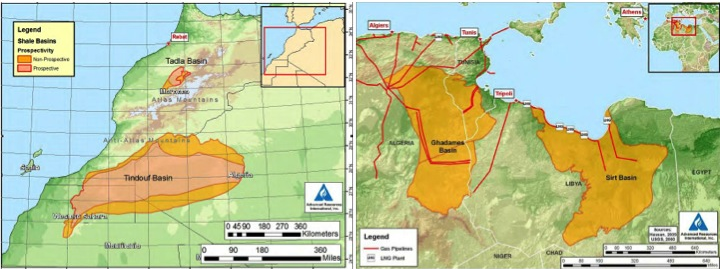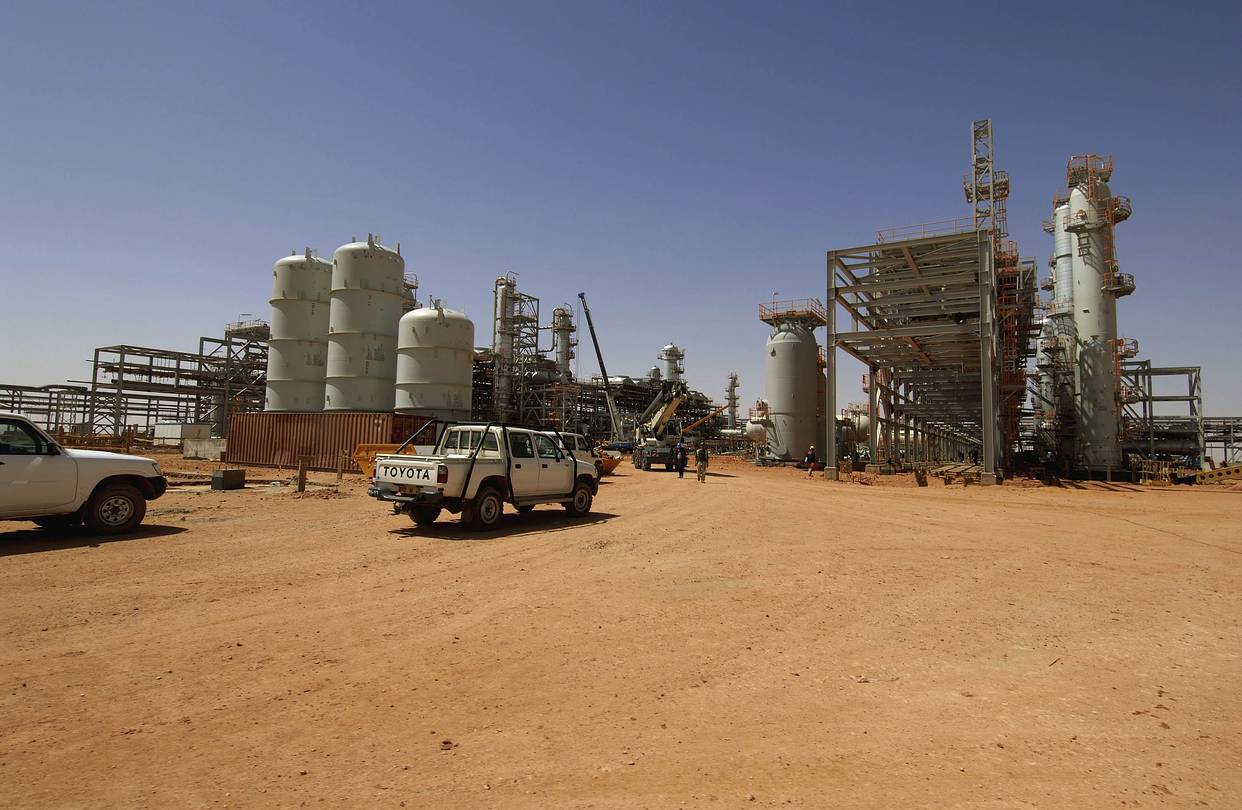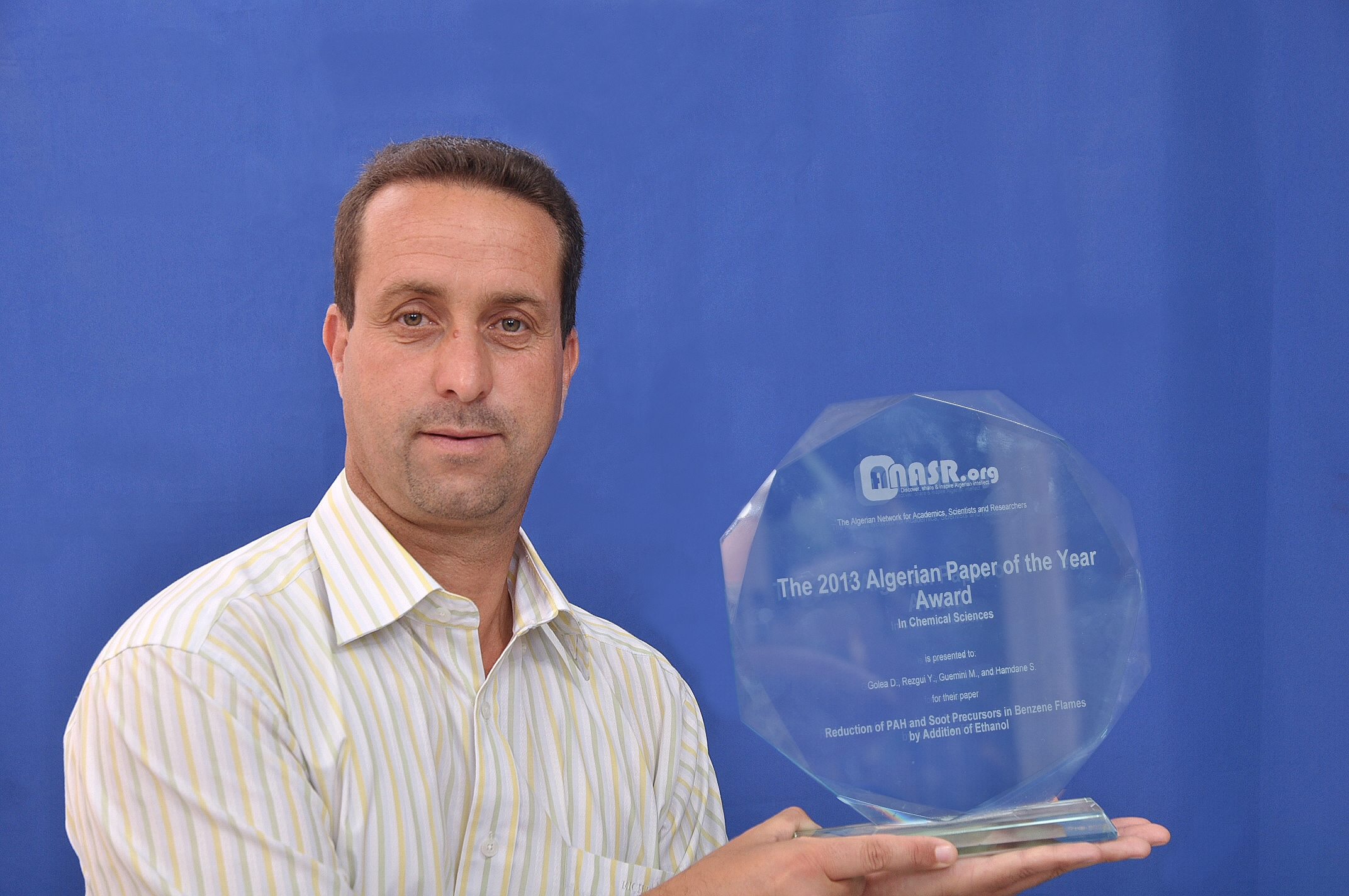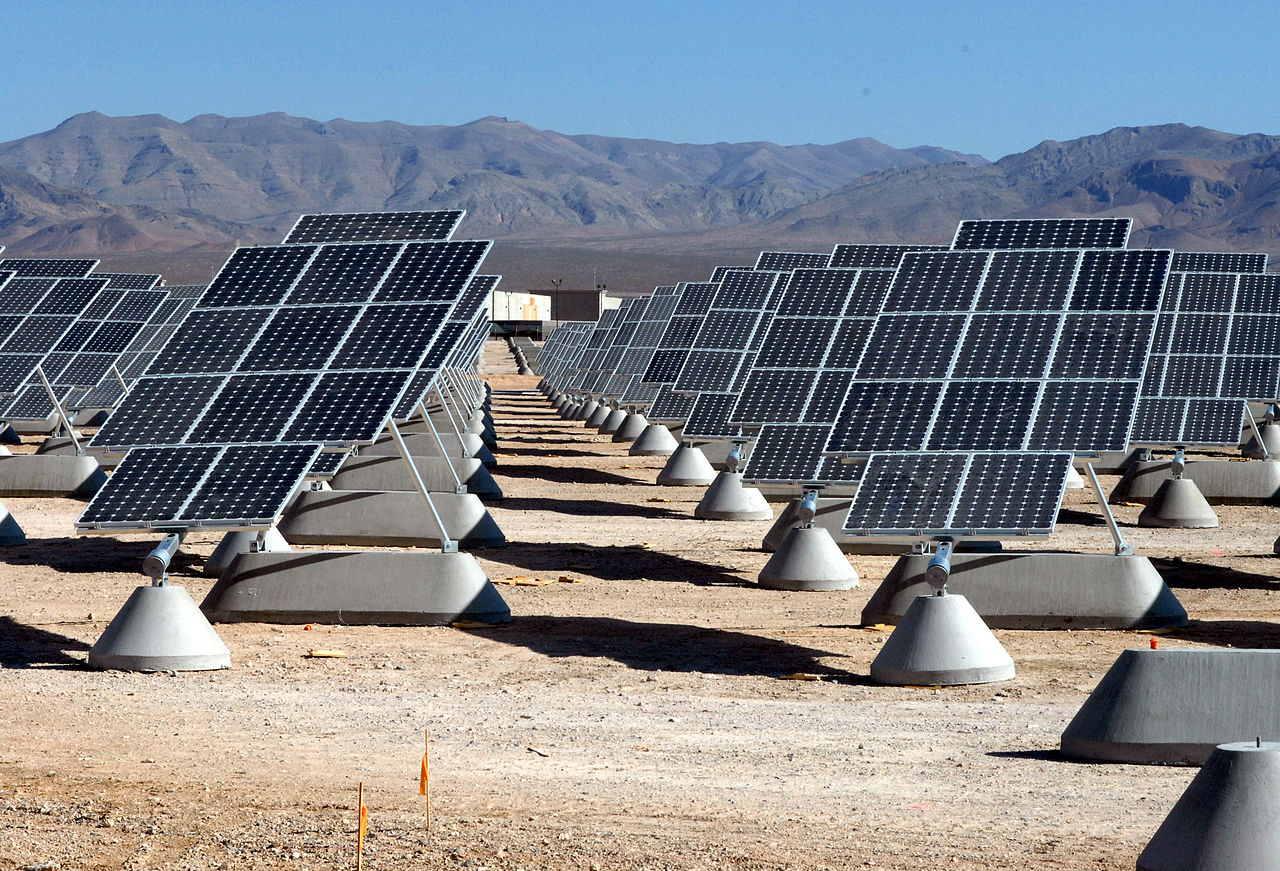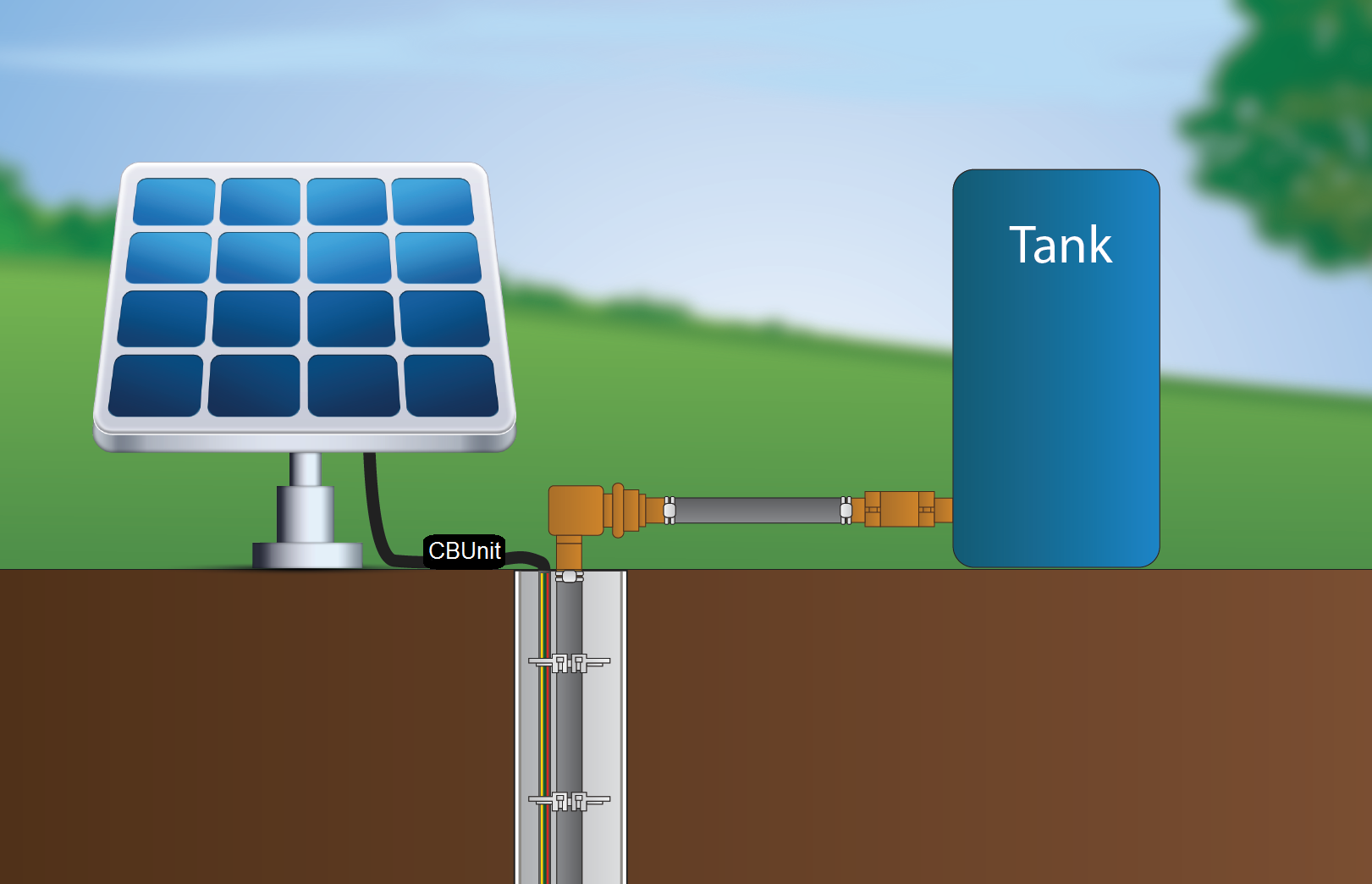Interview | (Video) Prof Saad Mekhilef
البروفيسور ساعد مخيلف هو بروفيسور في كلية الهندسة الكهربائية بجامعة مالايا، ماليزيا، مدير مخبرإلكترونيات الطاقة والطاقات المتجددة، له أكثر من 350 منشور علمي، حوالي 47 كتاب في مجالات الطاقات المتجددة و تقنيات التحويل الطاقوي والتحكم في المحولات الطاقوية، حائز على العديد من الجوائز العالمية في التدريس و البحث العلمي. كان لنا الشرف أن نحاوره في لقاء للشبكة الجزائرية للأكاديمين والعلماء والباحثين، حيث تكلّم عن رحلته الدراسية من الجزائر وحتى ماليزيا، المشاريع البحثية التي يعمل عليها الآن، تكلمنا أيضا عن سر نجاح جامعة ماليزيا عالميا وأخيرا قدم البروفيسور ساعد مخيلف نصائح و توصيات للطلبة والباحثين الجزائريين. Read More
“آراء| واقع أزمة الجزائر بمنظور الياباني تاييتشي أوهنو: “المشكلة ليست في المشكلة , بل في طريقة التعامل مع المشكلة”
لا يختلف اثنان على ما تواجهه الجزائر في الآونة الأخيرة من تذبذب للحالة الاقتصادية و تفاوت في القرارات السياسية . فبعد انخفاض سعر البترول بدأ ناقوس التساؤل يدق أبواب الوطن ، كيف ستكون الجزائر بدون بترول و هل يمكن للجزائر ان تمضي قدما وفقا لبدائل العلم و التكنولوجيا؟ Read More
Opinion | Desertec: the renewable energy grab?
If you use social media, you may well have seen a graphic going around, showing a tiny square in the Sahara desert with the caption: ‘This much solar power in the Sahara would provide enough energy for the whole world!’ Can this really be true? It’s based on data from a research thesis written by Nadine May in 2005 for the Technical University of Braunschweig in Germany. Read More
Interview | Winners of the 2014 Algerian Paper of the Year Award in Physical & Mathematical Sciences
Dr Yazid Bouznit is a researcher at the Laboratory of Materials Study, Jijel University. He is the first author of the paper that won the 2014 Algerian Paper of the Year Award in Physical Sciences and Mathematics entitled “New co-spray way to synthesize high quality ZnS films” and which was published in the journal Applied Surface Science. Inspire magazine speaks to Dr Bouznit about the work reported in the award winning paper. Read More
Feature | Algerian Shale Gas Part 2: Prospects and Recommendations
Algeria first announced its intention to look into shale gas exploration back in 2012. The final controversial decision in favour of extraction was then taken few weeks after the presidential elections of April 2014. Following this decision, Part II of this article examines the prospects of shale gas development in Algeria, the challenges and issues expected, and presents some recommendations for ways forward. The aim is to present an objective viewpoint that encourages further national debate and contribute to creating a more informed public opinion on the issue of shale gas. (Part I can be found here.) Read More
Feature | Algerian Shale Gas (Part 1): Facts about shale gas and hydraulic fracturing
Despite ongoing global interest in renewable energy over recent years, shale gas has recently grabbed the headlines as a competing ‘new’ source of energy. Some have referred to it as the ‘energy bullet’ that could potentially create an energy boom in many countries such as China, Argentina, and Algeria. Indeed, the move towards exploring shale gas has intensified following the seemingly successful exploitation of the resource in the United States since the year 2000. Read More
Interview | Winners of anasr.org’s 2013 Algerian Paper of the Year Award in Chemical Sciences
Prof. Yacine Rezgui is Professor of Chemical Engineering and a member of the Laboratory of Applied Chemistry and Materials Technology at the University of Oum El Bouaghi since 2001. His research interests include catalysis in the petroleum field as well as hydrocarbons combustion. Inspire Magazine spoke with Dr. Rezgui to find out more about his work which won him and his coauthors the prize of the 2013 Algerian Paper of the Year Award in the category of Chemical Sciences. The winning paper is entitled “Reduction of PAH and Soot Precursors in Benzene Flames by Addition of Ethanol” and can be accessed here. Read More
Feature | Renewable energy development in Algeria
Renewable energy comes from natural resources such as the sun, in contrast to energy derived from finite resources based on fossil fuels like coal and oil that sooner or later will run out. Serious interest in renewable energy was sparked following the Arab oil embargo of 1973 and since then much progress has been made towards exploiting a variety of renewable energy resources, including solar, wind, hydropower, geothermal, biofuels, biomass, and ocean waves and tides. Put together, these are often referred to as the ‘renewable energy mix’. Read More
Feature | The potential of a solar powered irrigation system to support Algerian farmers
In a sunny North African country like Algeria, the potential of solar power is yet to be fully explored. To secure power resources needed for their daily activities, Algerian farmers currently have to resort to two basic options. The first is to use free power that is supplied by the government as part of the various schemes deployed around the country for this purpose. Algeria has a well-established network of electricity reaching the majority of towns and villages, but unfortunately when it comes to agricultural lands, it only covers a small portion of farming instalments. Additionally, this option is not ideal since not all farmers within the reach of the network receive their supply of free power during adequate times of the day. Read More
